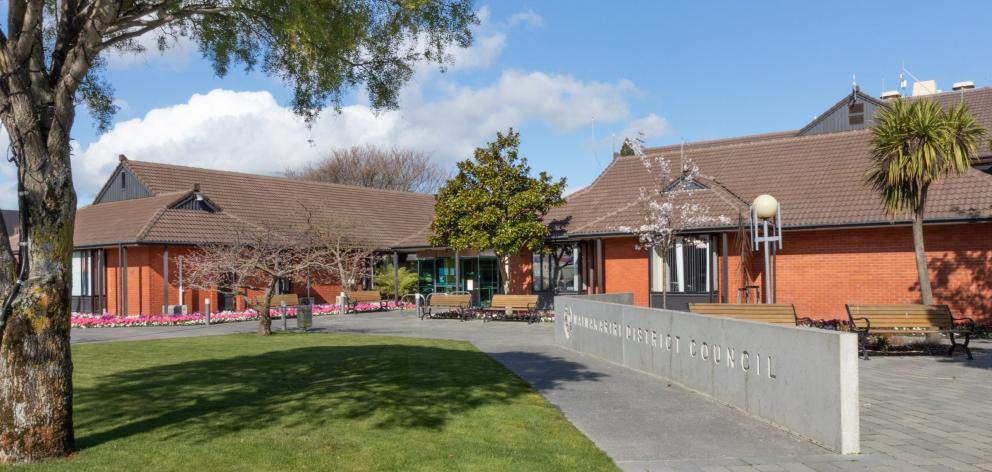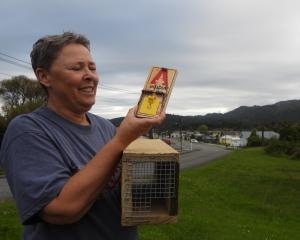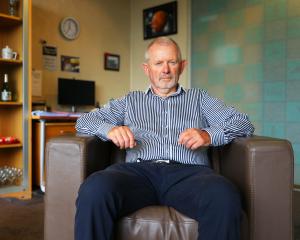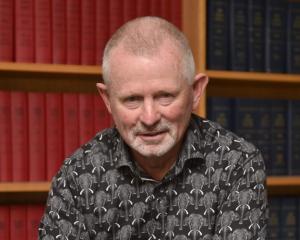

Acting chief executive Jeff Millward said he only found out about the investigation through media reports, but was confident his council stood up to scrutiny.
‘‘I can understand why the Ombudsman is doing it.
‘‘I think it’s a good idea and we are very happy to be a part of it because it’s only going to improve clarity and build public confidence.’’
Mr Millward said the timing of the investigation was unfortunate, with local government elections looming.
Councils were also faced with Three Waters, resource management and future of local government reform, high inflation and staff recruitment challenges, he said.
‘‘Our council is dealing with it, but there must be councils out there who are struggling with the reforms and with the environment that we are in.’’
The Waimakariri District Council has consistently received a AA rating in Local Government New Zealand’s excellence programme.
‘‘I assume we are in the mix because we are the highest rated council in the country,’’ Mr Millward said.
‘‘When we did the Local Government excellence review we scored highly for finance and our governance was also highlighted.
‘‘We do struggle sometimes and there’s points you always fail on, but in the latest review we did pretty well.’’
The other named councils were Rotorua Lakes Council, Taranaki Regional Council Taupō District Council, Palmerston North City Council, Rangitikei District Council, Timaru District Council and Clutha District Council.
‘‘I have chosen these councils for a variety of reasons,’’ Mr Boshier said.
‘‘Some councils are getting it right. I want to understand how they achieve this and share their good practices with other councils so we can all learn from this investigation.’’
The investigation was launched in response to complaints made against council decision making at workshops and public excluded meetings.
‘‘The public may become suspicious if councils repeatedly use closed workshops or informal meetings to discuss issues,’’ Mr Boshier said.
Mr Millward said he was not aware of any complaints against his council.

All council decisions were made at meetings.
Public excluded meetings were generally held when there were privacy concerns or information was commercial sensitive.
The decisions to hold workshops or public excluded meetings were based on staff recommendations, but elected members could override those decisions.
But Mr Millward did acknowledge that councils appeared to be conducting more business behind closed doors.
‘‘We have found since the earthquakes, that we are dealing with a lot more sensitive issues and I wonder if it’s a reflection of the environment we are in.
‘‘I don’t think they will find anything, but if they do we will adjust our operations to suit.’’
The Chief Ombudsman’s report is expected to be released next year.
-By David Hill
Local Democracy Reporter
■ Public interest journalism is funded by New Zealand on Air.










